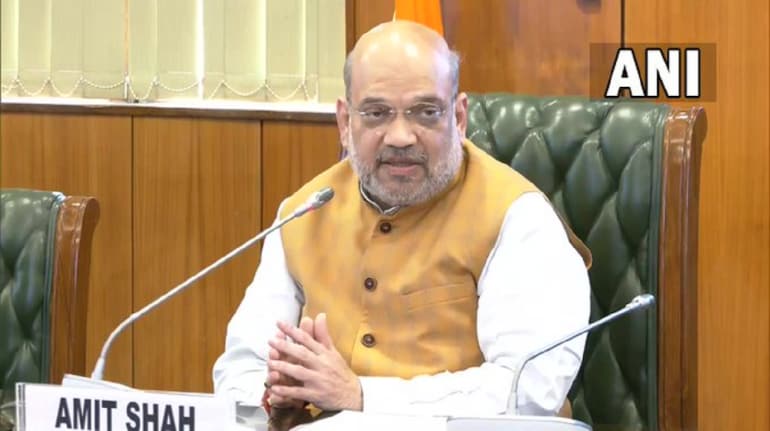



Explaining how the three newly proposed criminal laws will be different, Home Minister (HM) and Minister of Cooperation Amit Shah noted that these laws are aimed at bringing down the delay and pendency in the criminal justice system drastically.
Noting that the existing criminal laws make it difficult for the poor to access justice, Shah said, "The rate of convictions is low as a result of this, the prisons are overcrowded with undertrials."
"The three new criminal laws will get rid of all the colonial influence from the criminal justice system. The old criminal laws were made to protect the colonialists, the new laws have been made to protect the rights of the citizens of India," Shah said.
On August 11, Shah introduced the 'Bharatiya Nyaya Sanhita', the 'Bharatiya Nagarik Suraksha Sanhita' and the 'Bharatiya Sakshya' bills as proposed replacements for the Indian Penal Code, the Code of Criminal Procedure and the Indian Evidence Act at the parliament. Lawyers have hailed the introduction of these new laws as the biggest criminal law reform in the last 76 years.
Speaking at the valedictory session of the International Lawyers' Conference, Shah explained that the laws were made to keep India's criminal justice system in sync with the global changes and a futuristic vision.
According to Shah, the proposed laws will change the structure of the courts in order to accelerate the time taken to conclude a case. On a lighter note, the home minister remarked that if implemented, lawyers will have some difficulty as they cannot take many adjournments. He however said that such a scenario will ensure the participation of young lawyers.
The HM remarked that the existing criminal laws were drafted by the colonialists with the intention to punish and not to provide justice. He said, "The intention of the new proposed criminal laws is justice and not just punishment."
Citing various examples of how the criminal justice ecosystem will undergo a drastic change, Shah urged the lawyers to read the proposed criminal laws and give their suggestions to the government. "The government believes that no law is complete if it is passed without stakeholder consultation," he said.
As per the National Judicial Data Grid (NJDG) criminal cases account for 3.3 crore of the total 4.4 crore cases pending across the district and high courts in the country. The Supreme Court of India has time and again pulled up the high courts for not disposing of criminal cases in a timely manner.
Laws to be modified even after implementationNoting that laws are bound to undergo changes even after being implemented, the HM remarked that laws are not passed to signify the knowledge of the legislators but for the benefit of the people. Shah noted that laws have to be updated time and again depending on relevance.
He said, "In the last 9 years the government has endeavoured to update the laws as per the need of the hour." Shah cited the examples of amendments to arbitration law, insolvency and bankruptcy code 206 and the passage of mediation law and Jan Vishwas bill in the monsoon session of the parliament.
The HM hailed the Bar Council of India for organising the International Lawyers Conference at an apt time, coinciding with the passage of the women's reservation bill at the parliament and the introduction of proposed new criminal laws.
Discover the latest Business News, Sensex, and Nifty updates. Obtain Personal Finance insights, tax queries, and expert opinions on Moneycontrol or download the Moneycontrol App to stay updated!
Find the best of Al News in one place, specially curated for you every weekend.
Stay on top of the latest tech trends and biggest startup news.